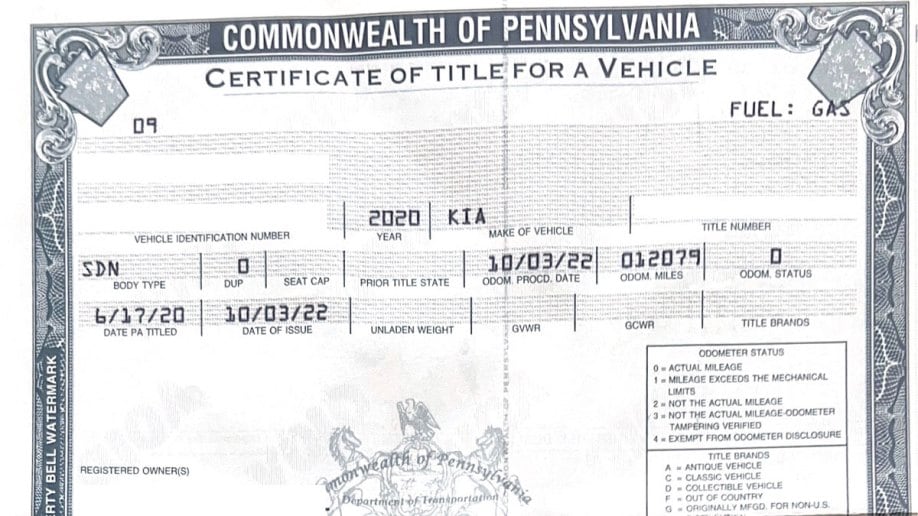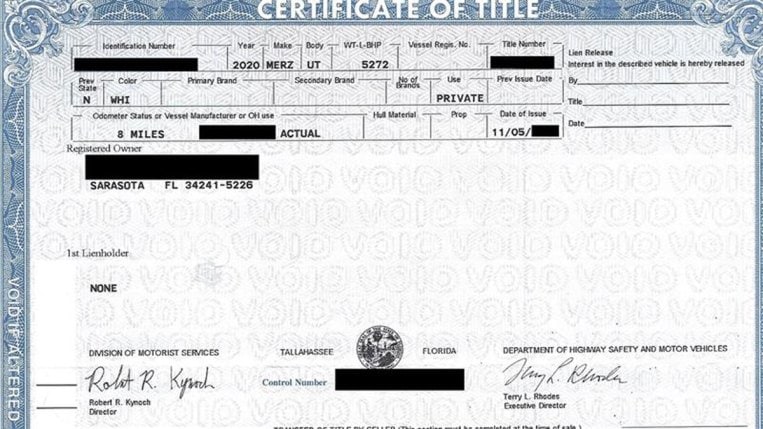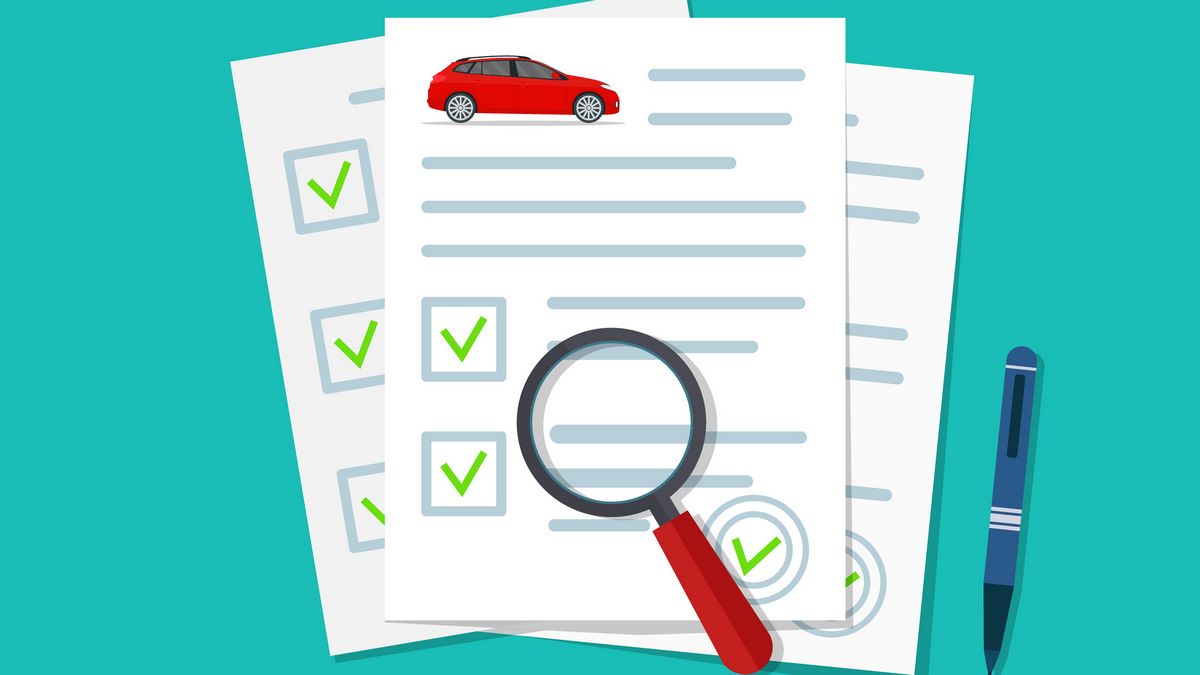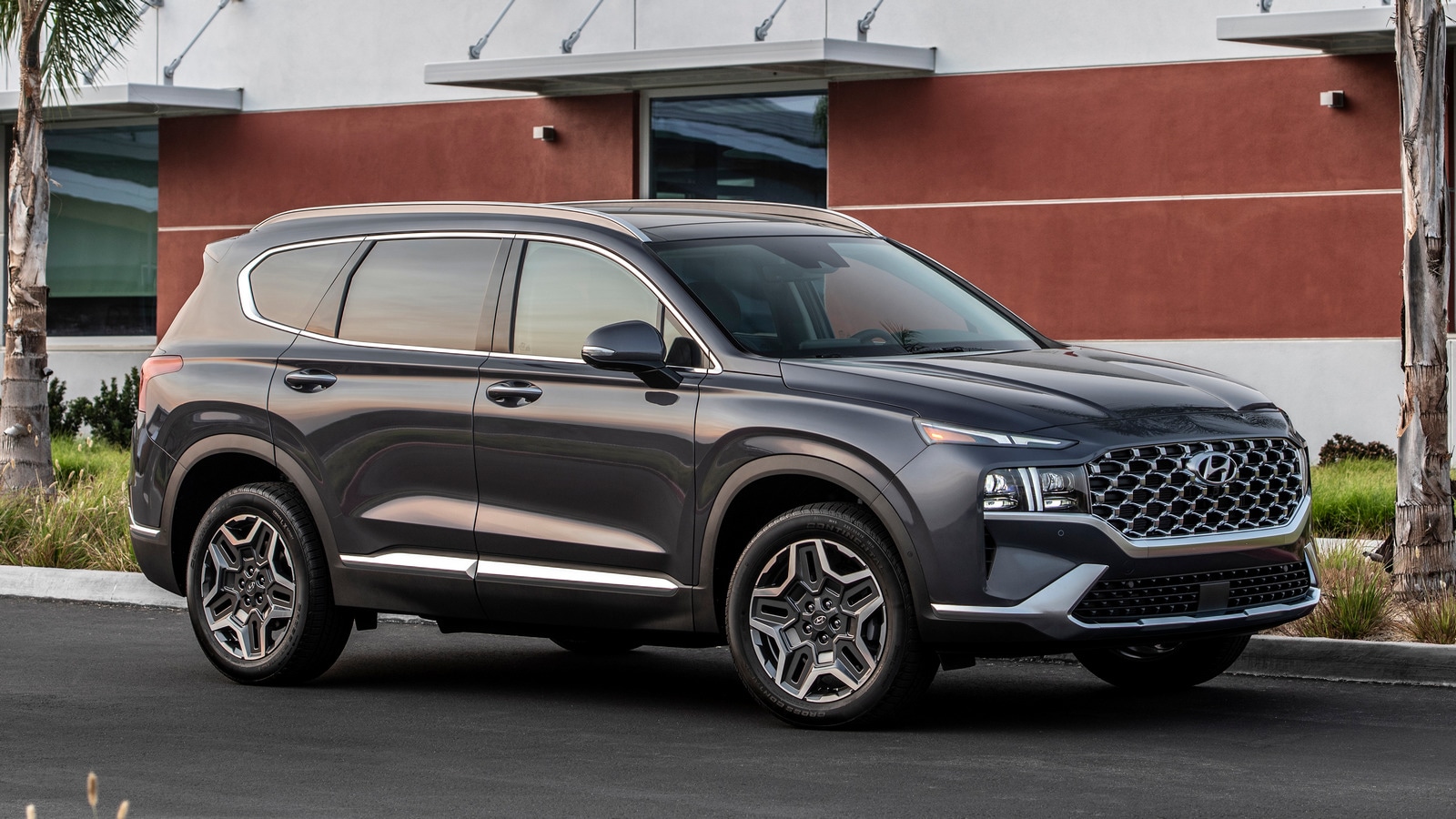Quick Facts About Selling a Car With No Title
So you’re trying to sell a car but don’t have a title. Normally, this would be cause for alarm. But sometimes, there’s a perfectly logical explanation, such as the car title being lost or the lender currently holding a lien on the vehicle.
Or the car could be stolen, in which case you should report it to the police as soon as possible. Check out these tips that help you sell a vehicle if you don’t possess the title. Use the links below to skip ahead to the section you need.
Can You Sell a Car Without a Title?
Many people ask, “Can I sell my car without a title?” Even though buying or selling a vehicle without proof of ownership is illegal in most jurisdictions, there are ways you can sell a vehicle without a title. It means you must do some extra legwork to get a new one. How you go about it depends on your particular circumstances and the state from where you’re doing business when selling a car without a title.
Your Car May Be Exempt
You may be exempt from needing a car title if your car meets specific requirements. In most cases, the exemption is determined by the age of the vehicle that needs a title. For example, if the car is at least 15 years old in Vermont, you are exempt from needing a vehicle title.
However, the age requirement varies from state to state. Typically, vehicles must be at least 25 years old to qualify.
Common Reasons Titles Go Missing
- Lender holds the lien
- Lost
- Stolen
- Damaged
- Natural disaster
Steps to Selling a Car Without the Title
If you need a replacement title, read below to learn how to get a new car title.
1. Request a Replacement Car Title

If the title is lost, damaged, or stolen, you need to contact your local department of motor vehicles and find out how to obtain a new one. You can also check the DMV’s government website for details, including the cost to replace or duplicate the title.
Remember that if the odometer reading number or any other part of a title has been altered, most DMVs will not consider the document valid and will, therefore, need a replacement.
RELATED: Car Title Guide: Everything You Need to Know
2. Explore Alternate Titling Options
Again, every state is different, but some offer ways to title an abandoned vehicle or car with outstanding repair bills stacked against it.
In Virginia, for example, you can file a mechanic’s lien for unpaid bills if you provide the proper documentation. You can also file for an abandoned vehicle title. This is a process in which the state uses the vehicle’s VIN in an attempt to contact the vehicle’s last known owner to give them a sort of right of first refusal.
3. Write Up a Bill of Sale
Some states did not issue titles until as recently as 1975, so selling the car without a title is logical when it’s that old. In that case, a bill of sale may be adequate proof of ownership. If so, check your state’s regulations regarding bill of sale presentation. Some states require that sellers use a state form as a bill of sale.
Most states require a bill of sale form to print out or pick up at a DMV branch. Usually, the same information on the vehicle title is on the bill of sale, which includes the following:
- Date of purchase
- Purchase price
- The car’s year, make, and model
- VIN, or vehicle identification number, which is not the same as the license plate number
- Mileage
- Name and address of the seller and buyer
- Signatures of the seller, buyer, and notary (if needed).
4. Get a Notary
Some states require that a bill of sale be notarized, and it’s not a bad idea to take this step anyway. Having a state official witnessing the signing over of a vehicle’s ownership can legitimize the transaction when selling an auto without a title.
Again, regulations vary from county to county and state to state. Make sure you know which laws apply to you.
5. Be Upfront With Your Buyer
If you don’t have a title and can’t get one — this is sometimes the case with older project or parts vehicles — make sure the buyer knows from the start that you don’t have all the documentation required to make a legitimate sale.
If you owe money on the car, most lenders will require that you pay off the note before releasing the title. However, you may be able to arrange a transfer through the lender if the buyer is willing to pay off or pick up your payments.
6. Keep Copies of Everything

Even after you have sold the vehicle and it’s long gone, ensure you keep copies of all paperwork associated with ownership. You can’t be sure that the new owner will title the vehicle, and you don’t want to be held liable for anything that might happen involving that vehicle in the future.
Also, if there are ownership questions later on (if you’re contacted by someone making an abandoned vehicle claim, for example), you’ll have your bases covered.
7. Notify Your State of the Sale
When selling a car, be sure the state where the vehicle is titled knows that you’ve sold it. Notify the DMV as soon as you’ve signed the bill of sale. This way, you will avoid the assessment of further taxation and fees.
8. Register Your Vehicle in Vermont

Vermont registration is a secret weapon for the title-less, but only for vehicles 15 years or older. Vermont wants your money, so if you provide a bill of sale and the fees and taxes the state requires for registration, you can get your vehicle registered there. Since Vermont requires only registration as proof of ownership for vehicles older than 15 years, that document will work as proof of ownership in the other 49 states.
The bill of sale can be typed or handwritten and doesn’t need to be notarized. You only need the vehicle identification number, purchase price and date, and buyer and seller details. If your car is newer than 15 years old, this won’t work, but you should probably have a title for it anyway.
Can You Buy a Car Without the Title?
We talked about selling a vehicle with no title. But can you buy a car without one? Technically, buying a car without the title is possible, especially if you financed the vehicle. However, when purchasing a car from a private seller, you need the title because it provides proof of ownership. Unless the vehicle is an older model, vintage, or classic car, purchasing a car without the title means you could be buying a stolen car.
Can You Register a Car Without a Title?
No, you cannot register a car without a title unless it is exempted by your local DMV. You will need the title to register a vehicle, meaning you won’t even be able to drive it legally. Always check with your local motor vehicle agency for requirements on car titles and registration of vehicles.
If you buy a car from a private seller when the bank holds the title, use a reputable escrow service. The service will collect the funds from you to pay off the seller’s loan and send you the title. Alternatively, you could meet the seller at the lender’s office.
Editor’s Note: This article has been updated for accuracy since it was originally published.





